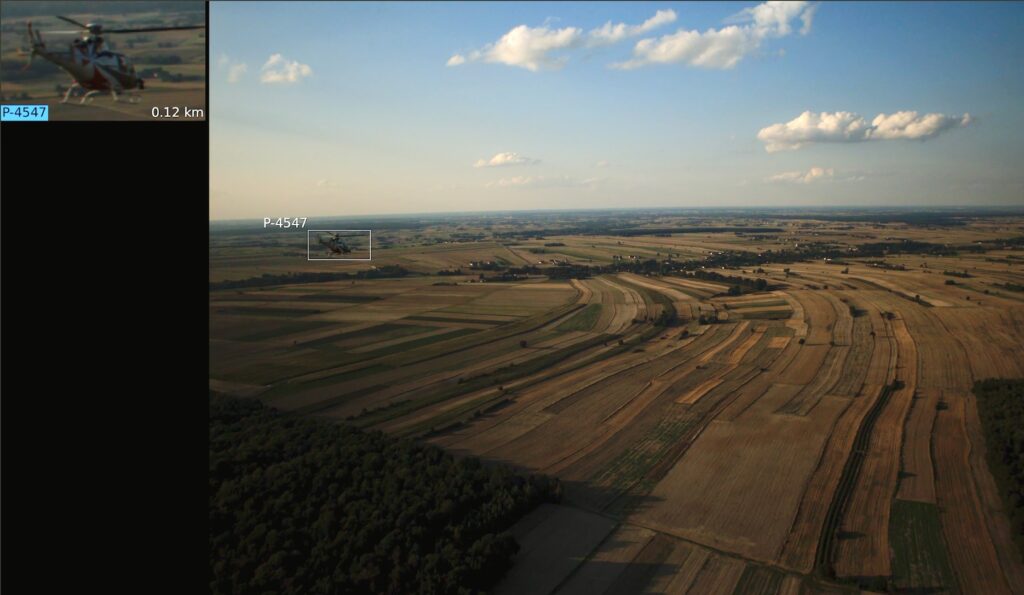Daedalean and Leonardo complete AI capability flight testing
Leonardo has completed flight testing of Daedalean’s artificial intelligence-based visual awareness system.
The year-long collaboration project, funded by a Eureka Eurostars grant, saw Daedalean mount its cameras on Leonardo’s SW4 Solo RUAS/OPH. The cameras working in partnership with a computer and interface display are capable of identifying aerial traffic including birds and drones, determining location in GPS-denied environments and offering landing guidance. Testing took place at Leonardo’s PZL-Swidnik facility in Lublin, Poland, from July to September 2023. Leonardo reported the testing analysis gave outstanding results.
Mattia Cavanna, head of Technology & Innovation at Leonardo Helicopters said: “By collaborating with emerging companies on predefined use cases, we keep maturing our technology roadmaps towards a safer, affordable and sustainable flight experience. Improving situational awareness through system like Daedalean’s in the near future could contribute to further prevent aviation accidents and progressively enable higher degrees of autonomy to our platform.”

Daedalean provides what the company calls “Situational Intelligence” – aka the ability to understand and make sense of the current environment and situation, and also anticipate and react to potential threats (see above image).
“Daedalean is proud to bring our experience creating machine-learned algorithms for aviation to such a prominent player in the world of aviation,” said CEO Dr. Luuk van Dijk. “It shows there is growing interest in and understanding of the benefits machine learning can bring today to increase flight safety.”
The AI aviation startup has conducted joint research with regulatory agencies, including the FAA and EASA, to prove its AI-based system is certifiable.
“Daedalean published multiple studies with regulators to evidence the fact that our machine-learned algorithms are capable of providing functions meeting and exceeding human capabilities,” van Dijk added. “As aviators and passengers become more familiar with AI-enabled systems, a future with autonomous flight becomes more attractive for the higher safety, lower cost, and increased capacity it will deliver.”






